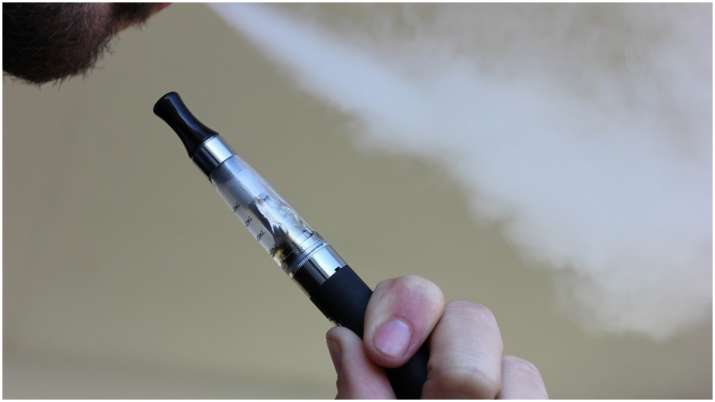NEW YORK: A US study led by Indian-origin researcher has found that teenagers and young adults who used e-cigarettes (vaping) were more likely to be diagnosed with Covid-19. The study, published in the Journal of Adolescent Health, examined connections between youth vaping and Covid-19 using US population-based data collected during the pandemic.
Among young people who were tested for the virus that causes Covid-19, the research found that those who vaped were five to seven times more likely to be infected than those who did not use e-cigarettes.
“Young people may believe their age protects them from contracting the virus or that they will not experience symptoms of Covid-19, but the data show this isn’t true among those who vape,” said the study lead author, postdoctoral scholar Shivani Mathur Gaiha from Stanford University in the US.
According to the study, surveys were completed by 4,351 participants aged 13 to 24. The researchers recruited a sample of participants that was evenly divided between those who had used e-cigarettes and those who had never used nicotine products. The sample also included approximately equal numbers of people in different age groups (adolescent, young adult and adult), races and genders.
Participants answered questions about whether they had ever used vaping devices or combustible cigarettes, as well as whether they had vaped or smoked in the past 30 days. They were asked if they had experienced Covid-19 symptoms, received a test for Covid-19 or received a positive diagnosis of Covid-19 after being tested.
The findings showed that young people who had used both cigarettes and e-cigarettes in the previous 30 days were almost five times as likely to experience Covid-19 symptoms, such as coughing, fever, tiredness and difficulty breathing as those who never smoked or vaped. Depending on which nicotine products they used and how recently they had used them, young people who vaped or smoked, or both, were 2.6 to nine times more likely to receive Covid-19 tests than nonusers.
Among the participants who were tested for Covid-19, those who had ever used e-cigarettes were five times more likely to be diagnosed with Covid-19 than nonusers. Those who had used both e-cigarettes and conventional cigarettes in the previous 30 days were 6.8 times more likely to be diagnosed with the disease.
“This study tells us pretty clearly that youth who are using vapes or are dual-using (e-cigarettes and cigarettes) are at elevated risk, and it’s not just a small increase in risk; it’s a big one,” Gaiha said. In July, another study, published in the International Journal of Molecular Sciences, revealed that young people who smoke and vape have an increased chance of becoming seriously ill from the Covid-19 virus.







